President-elect General Muhammadu Buhri and Emir of Kano, Sanusi Lamido Sanusi during a courtesy visit in Kaduna on Monday, 20 April 2015.
The Emir of Kano, Muhammadu Sanusi II, is a straight talker. Like him or not, you cannot be confused about where he stands on any issue. As governor of the Central Bank of Nigeria, after his efforts to have the ear of President Goodluck Jonathan failed, he blew the whistle on the huge diversion of funds from the accounts of the Nigerian National Petroleum Corporation (NNPC) and the grotesque sweetheart deals running into billions of dollars.
Of course, he didn’t get flowers for sitting in and pissing in. The government was mad at him. When Jonathan could not find a rule in the book to deal with him, he invented a swing axe and brought the governor’s tenure to a cruel end.
But Sanusi had his comeuppance. Later events – including even a shabby self-audit – proved that the NNPC had indeed become the ATM of top officials and the piggybank of the ruling Peoples Democratic Party.
Looking back, if they look at all, the last government would wish it had listened to Sanusi.
Advertisement
He is talking again. Last week, Sanusi touched on two very controversial subjects – the devaluation of the naira and the removal of oil subsidy, or whatever is left of it.
We would love to keep the naira up, possibly at par with the dollar, but I thought we should know by now that high testosterone levels do not necessarily produce a strong currency. We cannot have a strong naira just because we say so or love it to be so. The value of the currency depends on what we can produce or what we are producing, which, to be honest, is not much.
The naira has lost nearly 20 percent of its value over the last one year because the price of oil – from which we earn over 90 percent of our revenue – has fallen by over 40 percent over the same period and is still predicted to fall.
Advertisement
The president promised a strong currency during his campaign and feels obliged to keep his word. To help him keep it in spite of the economy – which is not the CBN’s job if it truly values its independence – the bank has imposed needless restrictions to defend the naira and the economy is hurting badly. We’ve been told that it’s only short-term. Really? In the long-term we’re all dead.
I met with a friend who is a manufacturer this week. He employs about 16 people. Last month, one of his machines broke down and he needed to transfer $1000 to the suppliers to replace the damaged part. He approached his bank and they asked him to get ‘Form M.” By the time he got and completed the form, the requirements for the transfer had lengthened. He also needed to get a Standards Organisation of Nigeria (SON) certificate, insurance, and a manufacturer’s certificate, too. He was already into the second week of his misery. His machine was still grounded and his bills mounting.
He contacted his suppliers abroad who said they did not have the certificate from the manufacturers and had never received that sort of request from any customer before. He returned to his bank and someone there took pity and advised him to contact a guy in SON office, who offered to “sort him out” if he could pay N65,000 in bribe; that is roughly one quarter of the black market value of the $1000 he needed to transfer.
His machine was already in the third week of breakdown and it became clear to him that if he continued this way, he would end up paying twice the repair value in bribes and still losing time. He called a friend of his in China, a fairly regular business traveller to Nigeria with a local account, who finally transferred the $1000 dollars for him. He paid the naira equivalent at the black market rate of N220.
Advertisement
Is this what we want to be going through? While the CBN might be feeling pleased with itself for raiding private domiciliary accounts and imposing transfer restrictions to defend the naira, it doesn’t need to look far to see that this living in denial will not last. This week, while the official exchange rate is pegged at N196 to the dollar, which only a lucky few can get, the black market rate diverged over the previous week, closing at N225 by Thursday. By the way, there’s an emerging currency trading platform operated by Nigerians abroad. You pay naira into their local account and they fund you in dollars. That window closed at N230 this week.
Manufacturers or traders who do not have friends abroad or buddies in local banks to bail them out are either stuck with the black market or forced to fend for themselves through ingenuous ways. Like collecting as many ATMs of other business partners as they can find to make their business trips worthwhile.
I have listened to the argument that devaluation may not necessarily have the expected benefit of increasing exports because of the relatively high cost of doing business, especially electricity. That may be a legitimate concern. But to hold the naira at a ridiculously artificial level does not address the concern. The restrictions are being circumvented anyway and they are being circumvented in a way that leaves the economy worse off by creating other centres of rent. There is, in short, the proliferation of a closet economy outside the reach of the CBN.
Instead of living in denial, the government should quickly address the obstacles to doing business like fast-tracking reforms in the power sector, streamlining levies, taxes and permit issuance procedures and cutting red tape by taking basic official transactions online. These are the issues that have consistently left us at the bottom of the world’s table of Doing Business and the CBN should know.
Advertisement
Why place imported items on a blacklist without sufficient, clear-cut incentives to produce them locally? Can we really stop these items from coming in or prevent those who really need them from getting them?
Investors need to have confidence that when they start a legitimate business, the rules will not be changed in the middle of the game. If they are foreign investors, they need to be sure they can take out their profits with the minimum of fuss. They need to know who is in charge of the economy and where the government is going.
Advertisement
The present government may not have been responsible for the blow to foreign investor confidence that led to an outflow of portfolio investment estimated at over N480billion in the last one year, but its management of the economy, especially the ridiculous defence of the naira in defiance of common sense, has not helped matters at all. And Sanusi is right to say so.
As for the noise by the Nigeria Labour Congress that whatever subsidy is left on petrol should remain – a position that the government also appears to sympathise with – I can only advise the government to let labour continue riding its populist high horse to nowhere. With states still struggling to pay salaries in spite of the government’s bailout and long lines of contractors unattended, if the government doesn’t free itself from the fetters of needless subsidies it will soon find that it would be out of pocket by the end of the first quarter 2016.
Advertisement
There’s danger ahead. It’s in Buhari’s interest not just to listen to Sanusi but also to make the tough calls he suggested, now.
Ishiekwene is the managing director/editor-in-chief of The Interview and a member of the board of the Paris-based Global Editor’s Network
Advertisement
1 comments

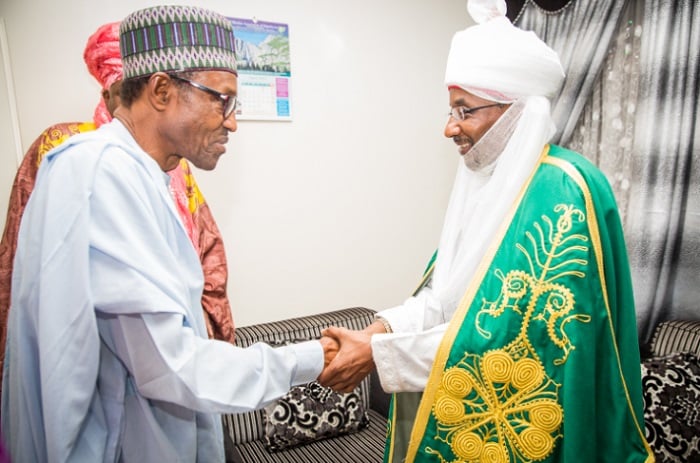
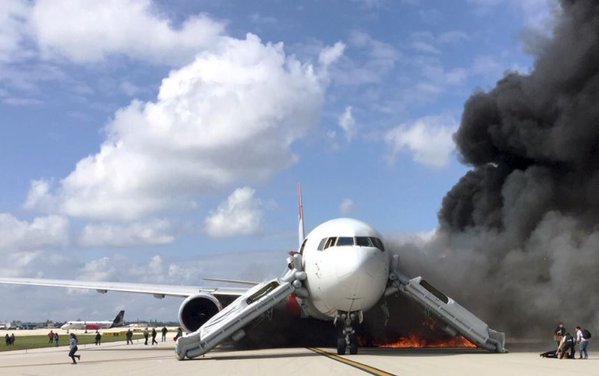
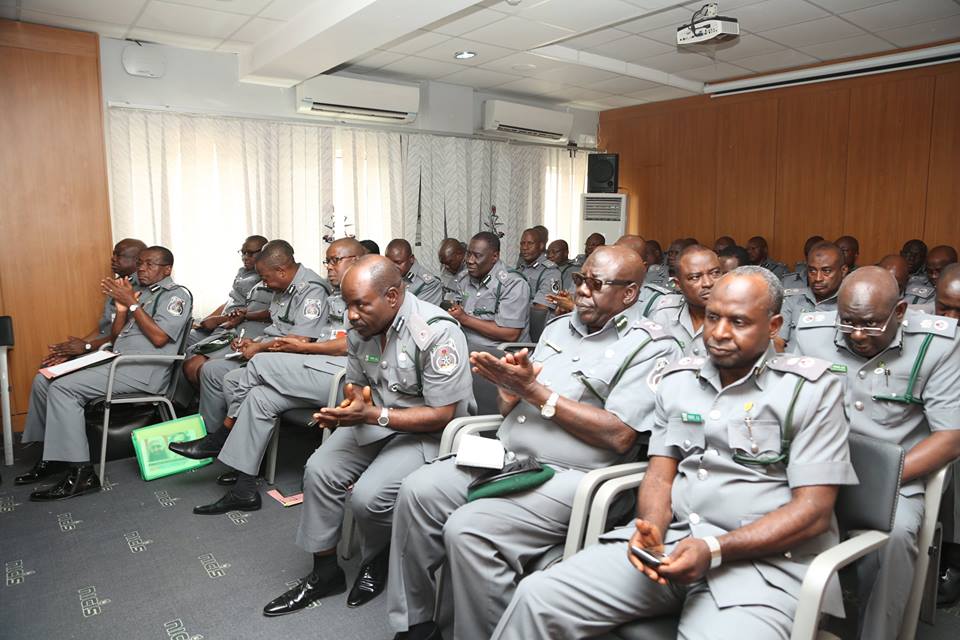
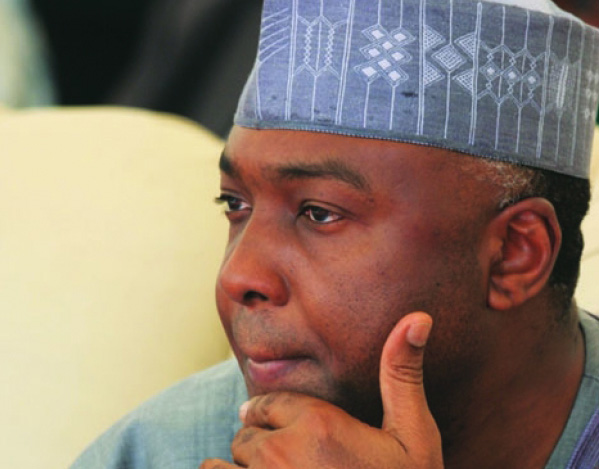
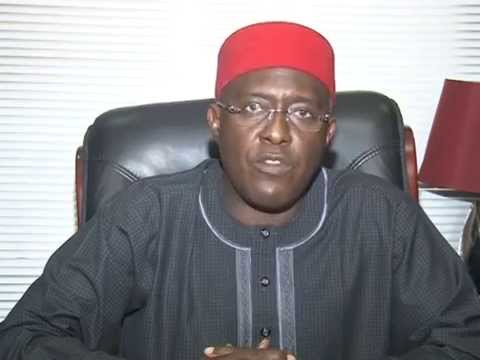


Do they understand economics? I mean the soldier and the lawyer leading us now. The Economist were right to question the competence of this former “banking and finance” lecturer running our central bank now.